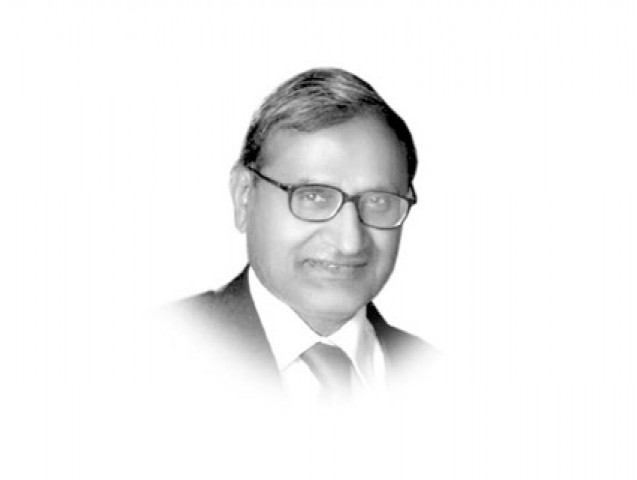In the land of reconciliation
Slowly but steadily, democracy in South Africa will lead to fullest realisation of potential of its people, resources.

Together, these three cities contain about half of the country’s 50 million inhabitants. The population is small relative to the size and rich resource endowment, which includes vast tracts of fertile land and precious and strategic minerals. Beautiful beaches and thousands of hectares of game areas make South Africa one of the top tourist destinations. In 2010, its entry added the ‘S’ in the BRICS arrangement comprising large, fast-growing economies. It has the third largest GDP per capita (though it is only above India in terms of the Human Development Index).
After the end of apartheid, the South African economy experienced a good spell of growth but nowhere near the figures achieved by the other BRICS countries. The highest ever that the growth reached was 7.6 per cent in just one quarter of 1994. The recovery was largely due to the termination of global sanctions against the apartheid regime which had led to negative growth for three years in a row in 1990, 1991 and 1992.
The services sector dominates and deindustrialisation is much evident. A thriving textile industry, for example, has been competed away by the Chinese. Apartheid has ended but the dualism of a very modern formal sector and a very backward informal sector persists.
Race no longer divides the country. But with rapid upward mobility depicted by the black political leaders, extracting rents in a situation where the state, government and party have become indistinguishable, the society is defined more and more by class. Black townships such as Soweto are changing, but at a snail’s pace. The government’s housing programme aims to move people out of the pre-apartheid ‘shoe’ houses to what common wisdom dubs ‘elephant’ houses, but the requirement is much higher than the resources that the government can spare.
Poor housing, combined with an unemployment rate variously described as 20-25 per cent, fuels crime. The state cares for children and the old, but the working-age population has no social protection. Black job applicants complain of informal discrimination by the white employers, who still control the commanding heights of the economy. The coloured complain of discrimination at the hands of blacks and are, therefore, forced to play second fiddle to white politics. The whites seem to be the happiest lot. Their part of the economy has thrived in the post-apartheid world; reconciliation was a small price to keep their wealth intact.
What of the future? Despite their frustrations, one did not come across a single black citizen who had lost hope. Nor did any interaction with the coloured end in despair. Slowly but steadily, democracy in South Africa will lead to the fullest realisation of the potential of its people and resources. It will continue to be the Cape of Good Hope and not the Cape of Storms as proclaimed by the first European explorer who reached it.
Published in The Express Tribune, April 20th, 2012.















COMMENTS
Comments are moderated and generally will be posted if they are on-topic and not abusive.
For more information, please see our Comments FAQ